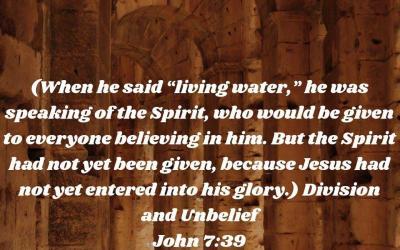Introduction
Micah, a prophet of the 8th century BC, was deeply moved by the sins of Israel and Judah. His prophetic ministry was characterized by strong denunciations of sin, coupled with heartfelt lament and hope for restoration. His attitude toward sin was not just one of condemnation but of personal grief, reflecting God’s sorrow over the people’s rebellion.
Background and Context
Micah ministered during the reigns of Jotham, Ahaz, and Hezekiah in Judah, addressing both the northern kingdom of Israel and the southern kingdom of Judah. His messages highlighted the sins of idolatry, oppression, corruption, and injustice. While proclaiming judgment, he also pointed to the hope of a coming Messiah and God’s promise of restoration.
Key Verse: Micah 1:8 (AMP)
“Because of this I [Micah] must lament (mourn over with expressions of grief), and wail, I must go barefoot and naked [without outer garments as if robbed]; I must howl like the jackals and wail like the ostriches.”
Micah’s Attitude Towards Sin
- Profound Grief Over Sin (Micah 1:8)
- Micah did not merely preach against sin; he grieved deeply over it. His lament was so intense that he physically expressed it through mourning rituals, walking barefoot and wailing.
- Illustration: Imagine a doctor who weeps over a patient’s preventable illness, knowing the suffering could have been avoided if they had only taken the right steps.
- Strong Denunciation of Corrupt Leaders and Oppressors (Micah 3:1-4)
- Micah rebuked unjust rulers and false prophets who exploited the people.
- He likened their actions to cannibalism, symbolizing their devouring of the poor for personal gain.
- Denouncement of Idolatry and False Prophets (Micah 2:6-11)
- He condemned those who silenced true prophecy and promoted deceit.
- He declared that disaster would come upon those who rejected God’s truth.
- Call to Repentance and Authentic Faith (Micah 6:6-8)
- Instead of empty sacrifices, God desired justice, mercy, and humility.
- This famous passage summarizes God’s true requirement, contrasting outward religion with genuine righteousness.
- Personal Reflection and Hope in God’s Mercy (Micah 7:1-7)
- Micah acknowledged societal corruption but placed his trust in God’s salvation.
- He understood that despite widespread wickedness, God’s mercy and faithfulness would prevail.
Practical Application
- Do We Grieve Over Sin? Like Micah, we should not just recognize sin but feel sorrow for it in ourselves and our communities.
- Speak Against Injustice: Micah’s courage in condemning corruption reminds us to stand for righteousness.
- Authentic Faith Over Rituals: God desires a heart that walks humbly with Him rather than empty religious practices.
- Hope in God’s Mercy: Even in times of moral decline, God’s grace offers restoration for those who repent.
Conclusion
Micah’s attitude toward sin was one of deep sorrow, strong rebuke, and a hopeful call for repentance. His message remains relevant today, urging us to live justly, love mercy, and walk humbly with our God (Micah 6:8).





0 Comments